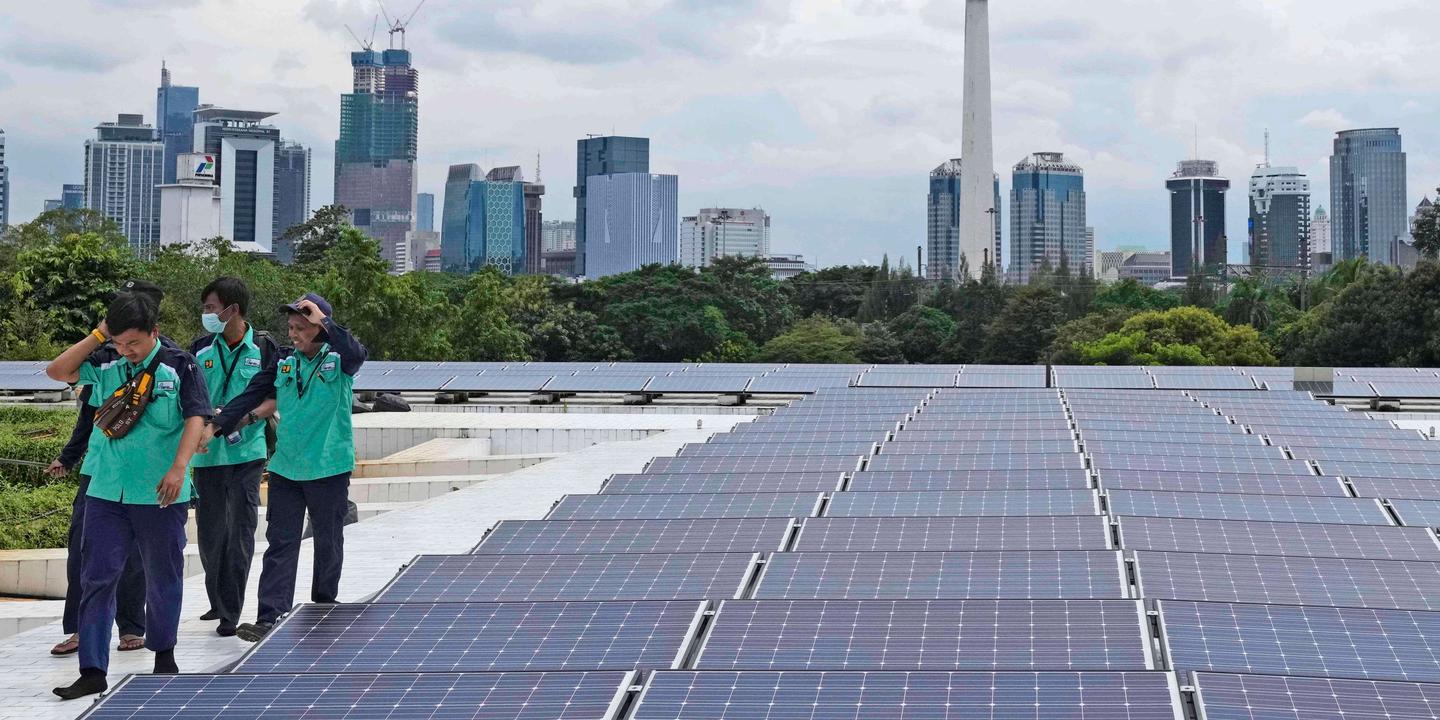Home / Environment / Eco-Friendly Mosques Built from Recycled Plastic and Rice Husks in Indonesia
Eco-Friendly Mosques Built from Recycled Plastic and Rice Husks in Indonesia
4 Oct
Summary
- Garut, Indonesia to host first "eco-friendly" twin mosques
- Walls made from 12 tons of recycled plastic and 24 tons of rice husks
- Project led by local Islamic school, trains students as "peacemakers and changemakers"

As of October 5th, 2025, the small town of Garut in western Java, Indonesia is set to become known for its pioneering "eco-friendly" twin mosques. The project, led by the local Islamic school Pesantren Welas Asih, will see the construction of these innovative religious structures with walls made from 12 metric tons of recycled plastic and 24 metric tons of rice husks.
The school, which has already converted around 200 nearby households to a "zero waste" lifestyle, is proud to be training a new generation of "peacemakers and changemakers." On September 14th, the school's director, Irfan Amali, welcomed the mosque initiative, stating that transforming waste in this way will save thousands of trees and could become a form of devotion for the community.
Indonesia, the world's most populous Muslim-majority country, has seen religion play an increasingly central role in the fight against global warming. The country's 17,000-island archipelago is on the front line, facing rising sea levels and powerful storms that have caused significant damage. Additionally, Indonesia is grappling with a major "waste crisis," with over a third of its national waste production deemed "unmanaged" in 2024, risking environmental pollution.



